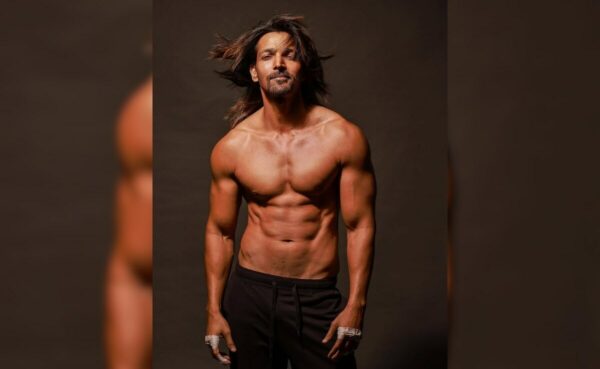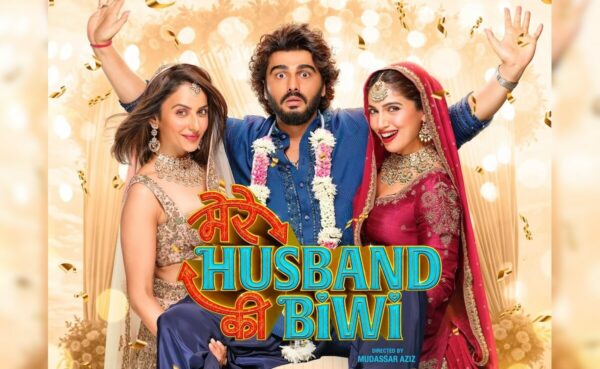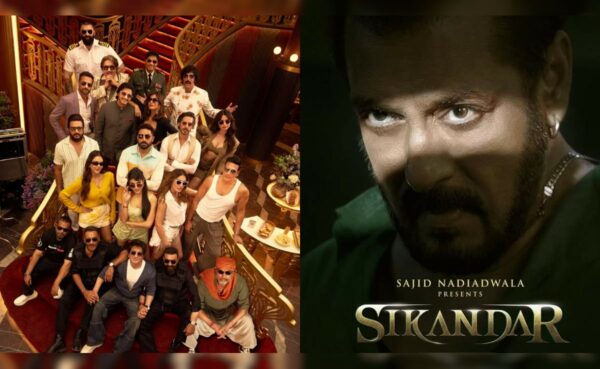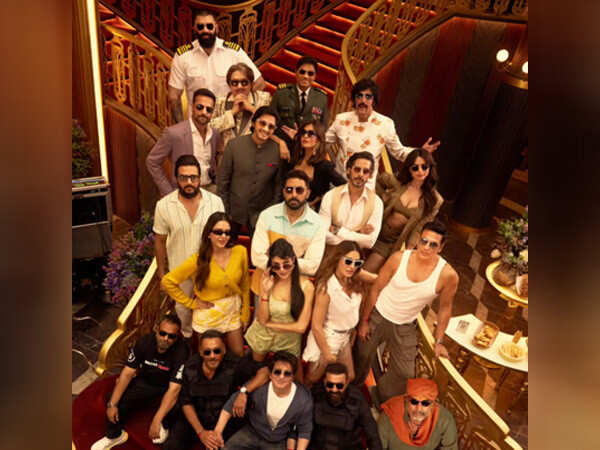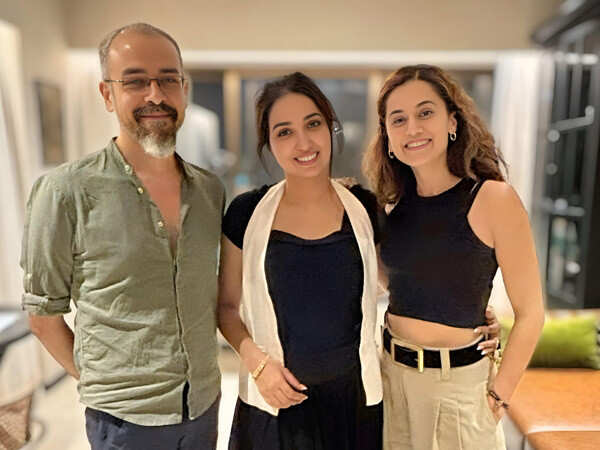Mujib: Making Of A Nation To The Making Of The Mahatma, Catch The Shyam Benegal Retrospective At NIFFA 2025
4 min read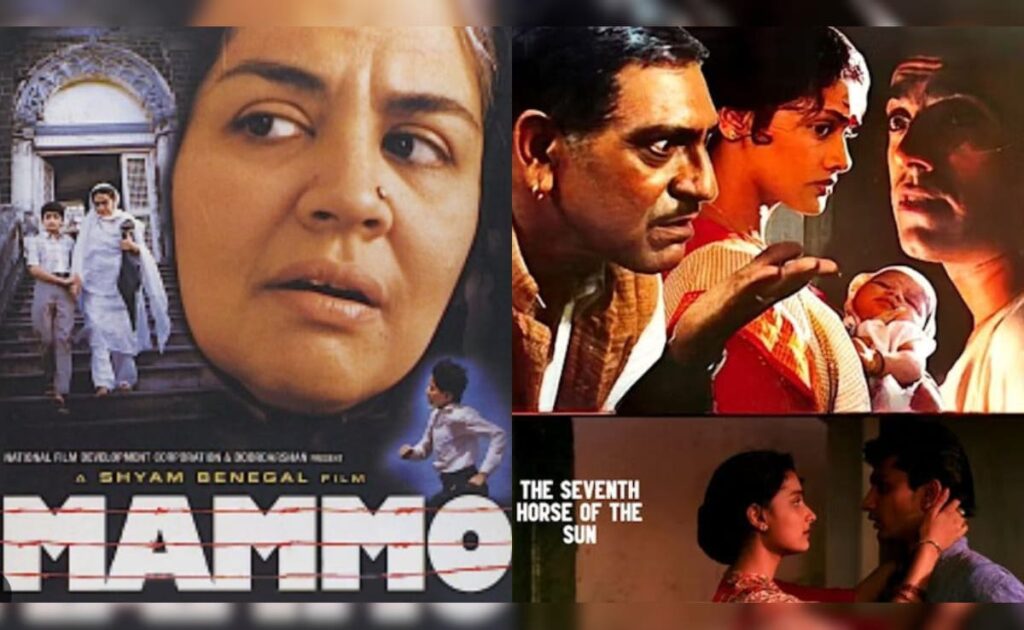
Here’s a look at the films that have made it to the Shyam Benegal Retrospective Films List at NIFFA 2025
The National Indian Film Festival of Australia (NIFFA) is a first-of-its-kind event for Australian audiences, taking place from Thursday, February 13 to Sunday, March 2, 2025, across multiple cities in Australia.
It is an expansive celebration of cinema, facilitated with support from the Indian High Commission in Canberra, Indian Consulates in Sydney, Melbourne, and Brisbane, as well as key partnerships with the Indian Council for Cultural Relations and Special Broadcasting Service (SBS).
To add to this, the National Film Development Corporation (NFDC) of India is going the extra mile by supplying a curated section of films. This is yet another first between Australia and India.
The NIFFA Nomination Council has also onboarded Australian Indian film professionals, including Zee Studios’ Head of Operations Achala Datar, award-winning Producer Deepti Sachdeva, Film and Arts Writer Neeru Saluja and Actress and Emerging Director Amruta Apte.
The festival is even more special as it is set to honour the legacy of legendary Indian film director, screenwriter, and documentary filmmaker Shyam Benegal.
The National Award winner has left an indelible mark in Indian cinema with films like Ankur (1973), Nishant (1975), Manthan (1976) Bhumika (1977), and Zubeidaa (2001), to name a few.
As NIFFA now strives to showcase cinema that transcends cultures, borders, and languages, and to showcase Indian cinema in Australia, Shyam Benegal’s films are indeed a celebration of the maverick filmmaker’s contributions.
With the increasing trend of representing Indian cinema on a global platform, NIFFA 2025 is all set to give a befitting tribute to Shyam Benegal, who died on December 23, 2024.
Here’s a look at the films that have made it to the Shyam Benegal Retrospective Films List at NIFFA 2025:
1) Mammo (1994)
The film features Farida Jalal, Surekha Sikri, Amit Phalke and Rajit Kapur in leading roles. Shyam Benegal’s Muslim Trilogy featured three films, while Mammo was the first, the other two were Sardari Begum (1996) and Zubeidaa (2001). The story is about Riyaz (Amit Phalke) who lives a poor lifestyle in Bombay, India, with his grandmother, Fayyuzi (Surekha Sikri), and her sister, Mammo (Farida Jalal).
Mammo hailed from Panipat, she was one of the many Muslims who had gone to Pakistan after the Partition, and hence Mammo and her husband are termed as Pakistani citizens. Mammo is thrown out of her house after her husband’s death, over property disputes. She then visits India to live with her widowed sister Fayyuzi.
NIFFA
As the film progresses, Mammo’s struggles keep increasing as she tries to extend her temporary visa. She finally bribes Inspector Apte to get a permanent visa, but when the inspector gets transferred, the new officer scans her papers and declares her to be an illegal immigrant.
The film highlights how political rivalries take precedence over humanitarian reasoning as a Pakistani woman’s fight to visit her sister, and her grandson becomes a huge challenge. It sheds light on the relationship that develops between the three central characters amidst cultural differences.
2) Mujib: The Making Of A Nation (2023)
This 2023 biographical film by Shyam Benegal is based on the life of Bangabandhu Sheikh Mujibur Rahman, the first president of Bangladesh and father of the nation. The film begins with Sheikh Mujibur Rahman returning from Pakistani jail, and receiving a grand welcome by the leaders in power.
He played a big role in restoring Bengali sovereignty after more than two centuries. The film highlighted Sheikh Mujib’s contribution to making Bangladesh independent and also shed light on his undeterred commitment to his family.
NFDC
The storyline of the film extensively covers some of the major moments in Sheikh Mujibur’s life, against the turbulent backdrop of a nation’s journey to independence. It highlights incidents from his early marriage, the war for Bangladesh’s independence from West Pakistan in 1971, and finally his murder in 1975 in a military coup.
3) Suraj Ka Satvan Ghoda (1992)
The film is based on the novel The Sun’s Seventh Horse by Dharmavir Bharati and it also bagged the award for National Film Award for Best Feature Film in Hindi in 1933. Manek Mulla (Rajit Kapur), is a storyteller, who narrates a story to his three friends.
NIFFA
It is the tale of three women, who Manek has met at different points of time in his life. These three women are Rajeshwari Sachdev (the middle class), Pallavi Joshi (the intellectual and affluent), and Neena Gupta (the poor).
This three-part story of the middle class, the intellectual, and the poor wife unfolds in flashbacks. All three stories are a part of one single tale, as it is visualised from the perspectives of the different lead characters in the film.
4) The Making Of The Mahatma (1996)
The biographical film highlights the life led by Mohandas Karamchand Gandhi also known as Mahatma Gandhi, when he spent 21 years in South Africa. It follows the trajectory of racism and a fight for the rights of Asian labourers that Mahatma Gandhi combatted before his fight for India’s independence commenced.
NIFFA
He was invited to South Africa in 1983 to settle a case for an affluent Indian there. While he was expected to return in a few months, he instead got embroiled in the freedom movement there which lasted for 21 years.

